Budget falls short of what was needed

The proposed budget has a few positive features, but overall it falls well short of being consistent with the immediate needs and the medium-term challenges facing the economy.
The macroeconomic imperative was to tighten the budget, particularly the domestic financing component of the budget deficit.
The domestic borrowing target of Tk 160,900 crore will exacerbate pressure on the taka and dollar liquidity in the banking system and hinder the possibility of achieving the ambitious 6.75 percent GDP growth target. Nor will it help soften inflation.
The budget speech is disappointing on the structural reform front in the light of expectations from this being the first post-election budget. The government has shied away from politically challenging but economically macro-critical reforms.
The mantra seems to be to recognise the challenges, promise change, but commit very little.
For instance, on LDC graduation, it repeats things done well in the past such as a preferential trade agreementwith Bhutan but hardly provides any indication of what the government will be doing next year to get GSP plus in Europe, better market access in China, India and so on.
There are some specific measures on tariff rationalisation which are welcome, but these do not go far enough.
On "zero tolerance of corruption", the measures such as "Anti-Corruption Committees" in every metropolis town, district, and upazila; "Public Hearing" sessions on corruption in government and semi-government and "shatata stores" seem trivial if not laughable.
Last but not the least, there is no concrete direction on reforming the state-owned banks.
The most significant positive feature is in taxation, particularly in reducing tax exemptions to several domestic manufacturers that have enjoyed those exemptions for a long time. These will help both in enhancing revenue mobilisation and reducing the anti-export bias in trade policy
The authour is a former lead economist of the World Bank's Dhaka office.

 For all latest news, follow The Daily Star's Google News channel.
For all latest news, follow The Daily Star's Google News channel. 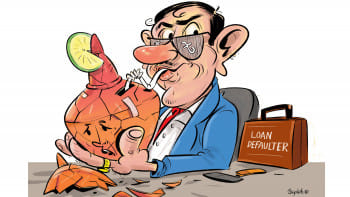
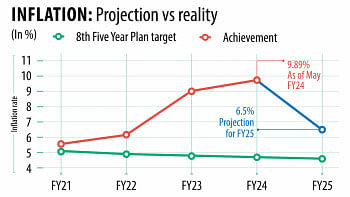


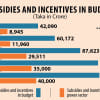
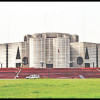
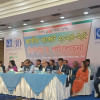




Comments